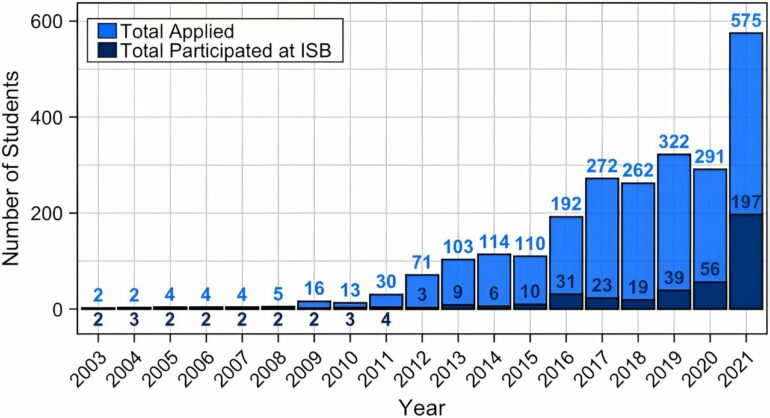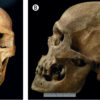An Institute for Systems Biology (ISB)-led study has unveiled important insights and actionable protocols into providing equitable STEM (Science, Technology, Engineering, and Mathematics) experiences for high school students from historically marginalized communities. The research highlights the transformative power of informal STEM learning in addressing societal challenges and the ease with which many organizations could provide these important opportunities.
In a paper published in Humanities and Social Science Communications, ISB researchers demonstrate significant gains among high school students participating in in-person and remote informal STEM programs, ranging from 22 to 320 hours in length. Key factors contributing to this success include authentic research experiences, connections with STEM professionals, hands-on projects, and collaborative group work.
“Real-world experiences and interactions with STEM professionals were found to play a pivotal role in guiding students’ educational decisions and fostering awareness of STEM career paths and societal connections,” said Claudia McLaughlin Ludwig, lead author of the paper and director of ISB’s Systems Education Experiences (SEE) program. “Informal STEM programs can be implemented with minimal resources while also being effectively scaled.”
The study offers consequential insights for advancing informal STEM learning, emphasizing the importance of co-creating experiences with students. A few other practical insights include utilizing transparent program management tools, providing a means for students’ work to be broadly shared, and helping students stay connected to their mentors and peers. Furthermore, virtual programming has emerged as a promising avenue, promoting inclusivity and expanding opportunities for STEM education.
“One of the most important findings of our study was that there are numerous ways in which any organization can make impactful contributions toward broadening participation in STEM careers. What is absolutely key, however, is that the informal learning experiences should be engaging, authentic, and contextualized by real world problems,” said ISB Professor and Director Dr. Nitin Baliga, the senior author on the paper.
Baliga founded the SEE program specifically to provide authentic scientific experiences to high school students from diverse backgrounds.
These programs have the potential to address societal challenges by diversifying the STEM workforce, enhancing problem-solving skills, and preparing communities for future STEM advancements.
This research marks a significant stride toward creating a more inclusive STEM education landscape, and underscores the importance of collaborative efforts to ensure that all high school students, regardless of background, can access quality STEM education and realize their full potential.
More information:
Claudia McLaughlin Ludwig et al, Consequential insights for advancing informal STEM learning and outcomes for students from historically marginalized communities, Humanities and Social Sciences Communications (2024). DOI: 10.1057/s41599-024-02797-w
Provided by
Institute for Systems Biology
Citation:
Research unveils effective STEM program models for high school students from historically marginalized communities (2024, March 8)



